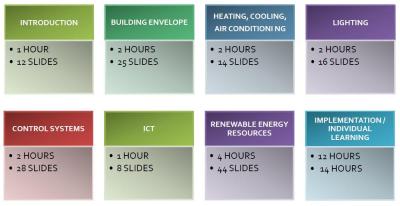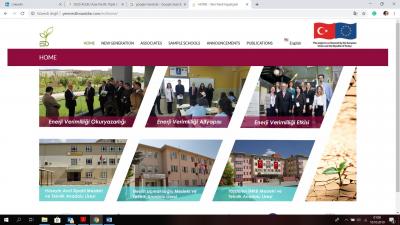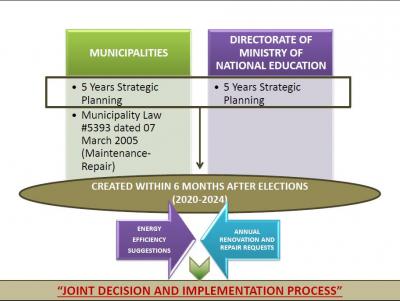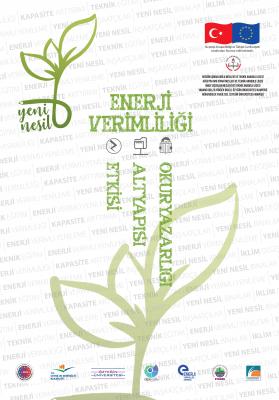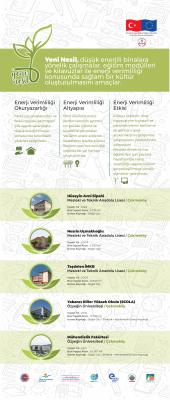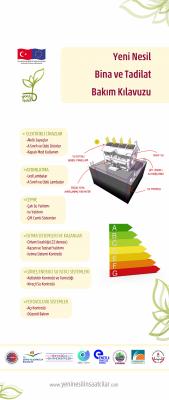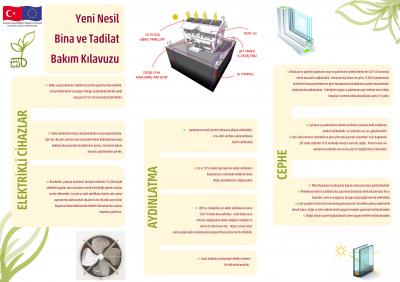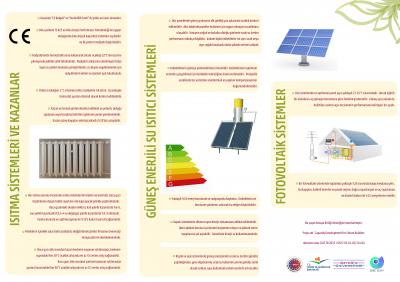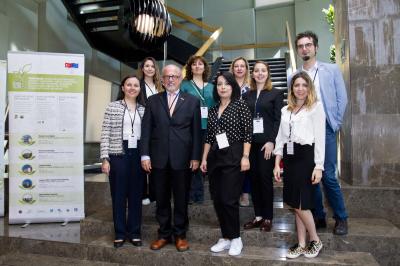Climate change mitigation and adaptation actions require significant awareness and capacity development efforts. The National Energy Efficiency Strategy Document 2017-2023 of Turkey indicates that annual energy consumption in public buildings and institutions is to be reduced by twenty percent (20%) by 2023. We believe that such a dramatic change can only be possible wide-spread involvement of architects, engineers, stake holders, and the technicians who actually work on building energy efficient structures. Therefore, we have proposed YENI NESIL (Next Generation) project to develop a number of different layers of teaching and training action items to have climate adaptation and mitigation plans more effective and long-lasting in Turkey and in long run in Africa. The main objectives of the YENI NESIL project have been to train the decision makers and teachers on the following areas: a. Energy Efficiency Literacy: The project has offered raising awareness on low energy buildings, targeting a large range of citizens from different age groups and different professional background. b. Energy Efficiency Infrastructure: The project has offered detailed monitoring and studying of energy performance of educational buildings. The data collected from these activities was compared with the data CEEE collected previously. All data was analyzed and a road map was created in the light of the outcomes, besides guidelines per beneficiary. c. Energy Efficiency Impact: The guidelines prepared for Municipality have had the intention of affecting the works on setting standards and parameters of zoning legislation and upgrading daily construction habits.





